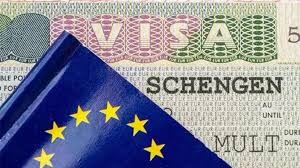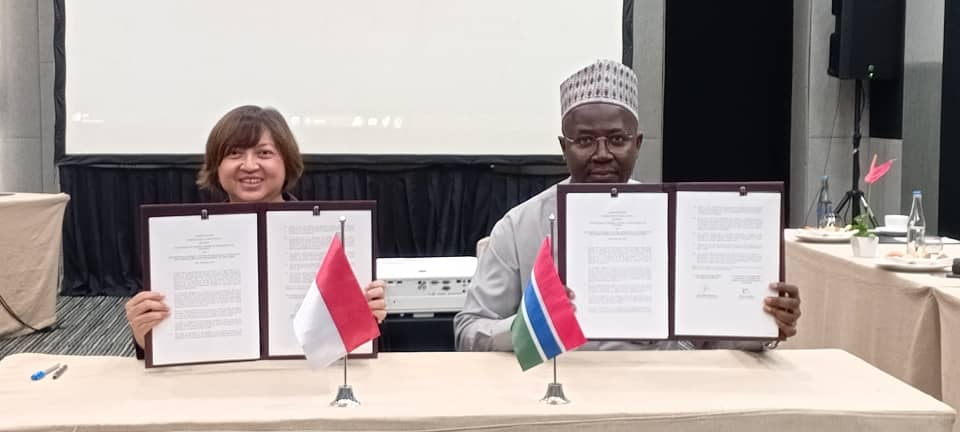New data by Africa News reveals a stark imbalance in EU-Africa mobility: Schengen Visa rejection rates for African applicants soar as high as 63%, dwarfing the global average of 18%.
Countries like The Gambia, Nigeria, and Comoros face punitive measures and exorbitant costs, with African travellers collectively losing €60 million ($67.5 million) in 2024 alone to non-refundable fees for rejected applications.
The Gambia, singled out under EU sanctions since 2021, epitomizes this crisis. After its government paused deportations during domestic unrest, the EU escalated visa fees and processing times, deepening barriers for citizens. Critics slam the opaque, costly process as a “rigged system” favouring inequality over fairness.
“Poorer nations are effectively subsidizing rich countries to shut them out,” says analyst Marta Foresti, highlighting how rejection rates spike inversely with a nation’s income.
Despite submitting thorough documentation, applicants, even those with legitimate reasons like conferences or family visits, receive vague refusals, fuelling accusations of systemic bias.
As Europe champions partnerships with Africa in trade and tech, this visa inequity underscores hypocrisy where Europeans enjoy visa-free access to most African states, while Africans face a labyrinth of financial and bureaucratic hurdles.
Calls grow louder for transparency, reciprocity, and reform in a globalised world where mobility remains a privilege skewed against the Global South.






